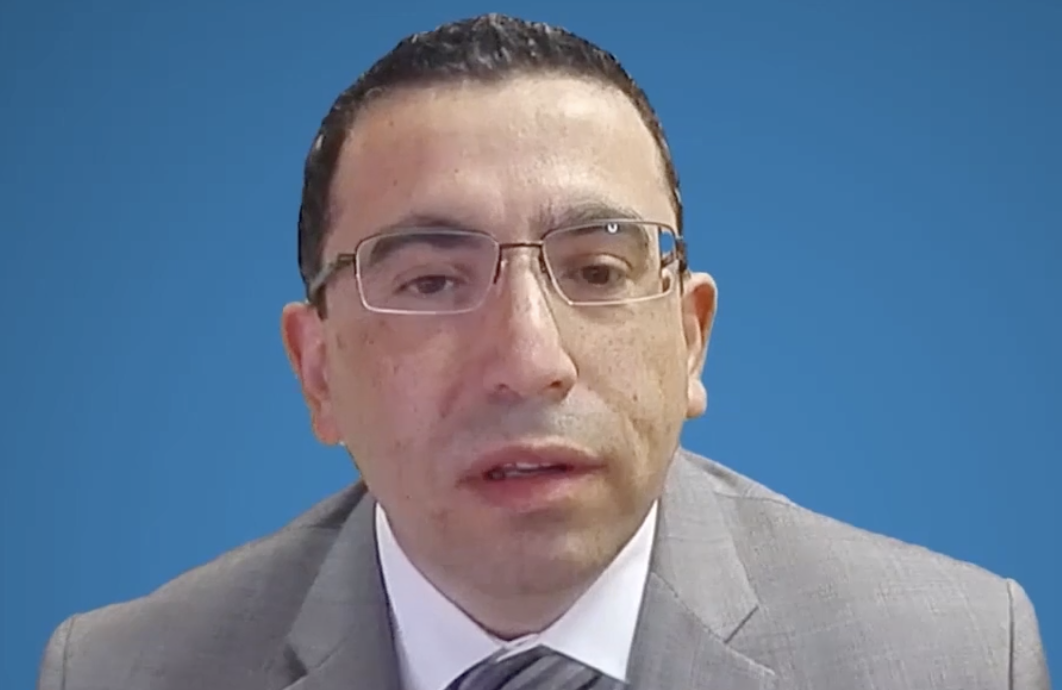In this webcast symposium, Gail J. Roboz, MD, professor of medicine and director of the Clinical and Translational Leukemia Program at the Weill Medical College of Cornell University and the New York-Presbyterian Hospital in New York City, discusses the role of minimal residual disease testing in the treatment of patients with acute myeloid leukemia (AML). Dr. Roboz shares patient cases and data from recent clinical trials while emphasizing the challenges associated with minimal residual disease (MRD) detection in acute myeloid leukemia (AML) patients.
Dr. Roboz recommends using a combination of flow cytometry, polymerase chain reaction (PCR), and next-generation sequencing for monitoring MRD after induction and consolidation therapies and when allogenic transplantation is under consideration. Dr. Roboz states MRD status does not necessarily define the patient prognosis and treatment options are limited for MRD-positive patients, with novel therapies on the horizon.






